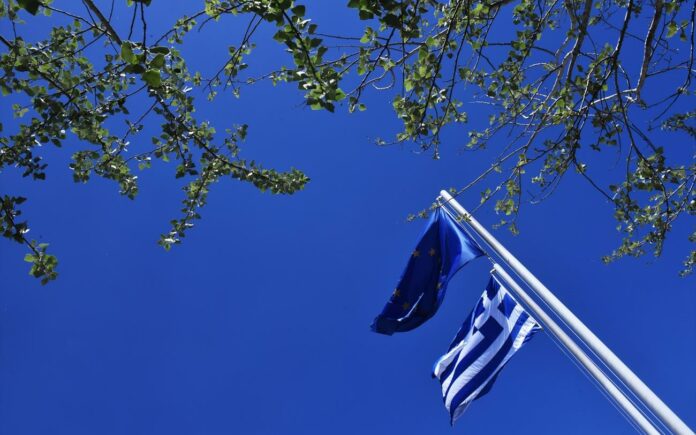By Vassilis Kostoulas
[email protected]
Greece must absolutely avoid expensive borrowing from the markets for no less than 10 years, the director of the Brussels-based Centre for European Policy Studies (CEPS), Daniel Gros, told “N” this week.
The noted German economist added that the bailout-dependent country should instead rely on cheap loans expended by the European Stability Mechanism (ESM). In fact, Gros went even further, expressing a slightly radical view in that the Greek state has nothing to gain from a re-inclusion of its bonds in the European Central Bank’s (ECB) quantitative easing program. He qualified this eyebrow-raising position by noting that the QE stimulus program won’t have too much of an impact on the country’s debt load.
Conversely, Gros said institutional creditors and the Greek government have ignored the reasons that keep Greek exports stuck at anemic levels – compared to other Euro zone countries.
In echoing a standing perception by most liberal and market-friendly economists familiar with the Greek economy and society, Gros said Greece is a country where “you’ll collect revenues with difficulty, therefore, it’s better to cut spending.”
Turning to actual fiscal targets, Gros hinted the Greek state’s obligation to post an annual 3.5-percent primary budget surplus target (as a percentage of GDP) over the next few years is realistic, assuming, however, that 2016’s primary budget surplus figure isn’t a fluke.
In opposition to a leitmotif expressed by creditors and successive Greek governments, Gros said the country’s recession-battered economy should not depend on a model that aims to attract foreign investments and capital, but instead rely on its own capital, entrepreneurs and savings.
Asked about Emmanuel Macron’s assumption of power in Paris, he said the French centrist appears to be moving in the right direction, as “he’s said that he desires a strong Euro zone, and not the money of the German taxpayer.
Finally, he said Brexit cannot be overturned.














